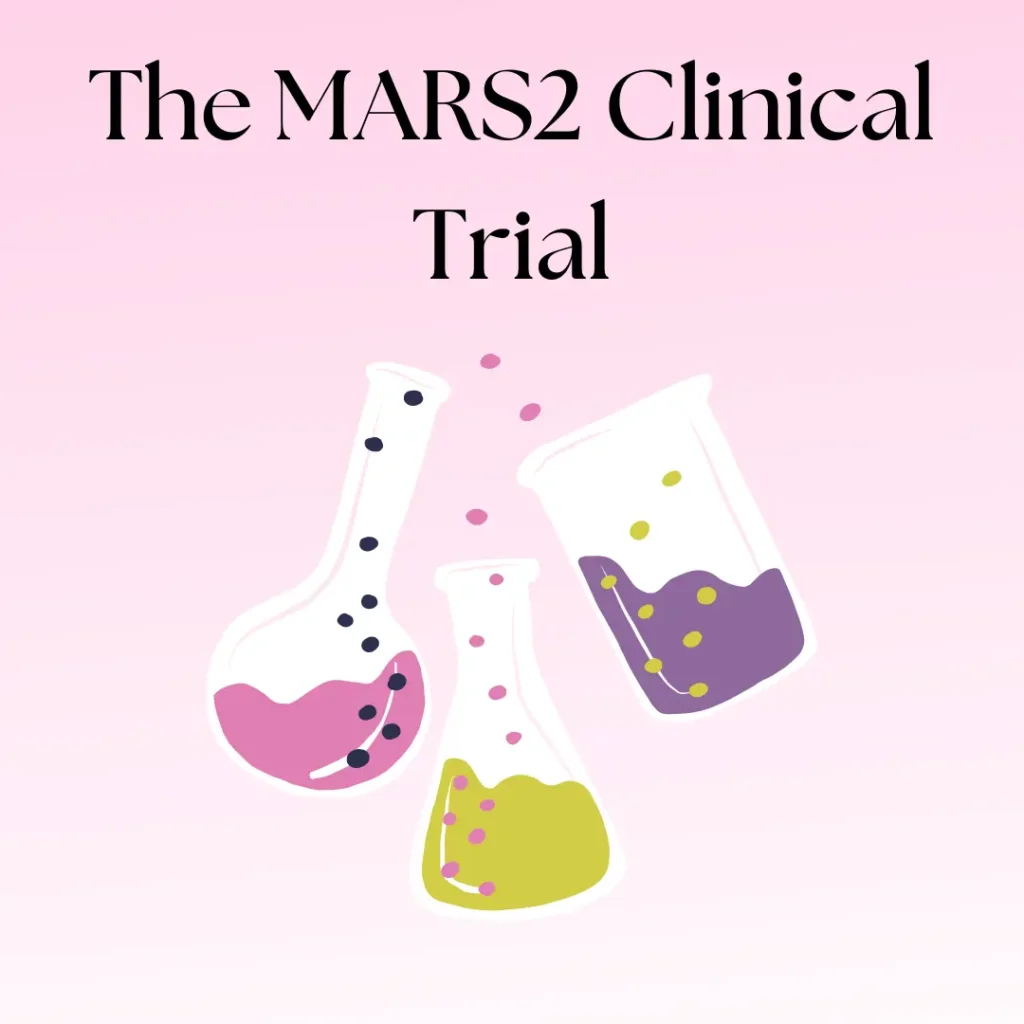Key takeaways: MARS2 was conducted in the UK from 2015-2020. The study looked at the efficacy of chemotherapy and chemotherapy coupled with extended pleurectomy decortication (EPD), a surgery that removes the cancerous areas. Interestingly, the group that received only chemotherapy fared significantly better than the experimental group, although this conflicted with the researchers’ hypotheses. MARS2 has implications for the ways clinicians approach and implement multimodal approaches.

MARS2 Clinical Trial
Chemotherapy has been the main avenue for mesothelioma care, up until recently. It’s effective because it’s a systemic treatment, meaning that it impacts the growth of all bodily cells. This sweeping approach is useful for mesothelioma, as only a few mesothelioma cells can become full-scale tumors. Treatments that target the bulks of mesothelioma tumors aren’t as effective, as these treatments often leave trace amounts of the tumors. These treatments, although curative in intent, usually don’t work well in the context of mesothelioma.
The MARS2 clinical trial has sought to look at the efficacy of chemotherapy in conjunction with surgery, and is the first trial of its kind. The surgery used is called “extended pleurectomy decortication,” (EPD) in which both layers of the pleural membrane are removed, as well as afflicted areas of the diaphragm, lungs, and heart. This tissue is replaced with either artificial tissue or a graft of similar tissue. Given the breadth of surgical removal and replacement, the procedure is intensive and not usually recommended. However, because it (in theory) removes all of the cancerous tissue, it’s clinically acceptable and sometimes encouraged, especially in cases of high patient fitness.
MARS2 trials took place in the UK from 2015-2020, and the trial has recently entered phase III (meaning it’s in the last phase of testing). During the trial itself, the experimental group received EPD and chemotherapy, while the control group received only chemotherapy. The results from the trial were somewhat surprising: even the researchers hypothesized the experimental group would experience higher overall survival rates. Even though multimodal approaches are almost always more effective than singular approaches, the MARS2 trial was an exception. Patients that received only chemotherapy—so, the current standard of mesothelioma treatment—had a median overall survival rate of 24.8 months, compared to the experimental group’s 19.3 months.
These findings are interesting for several reasons. One, the results didn’t align with the researchers’ hypotheses, which means that not all treatment options—despite theoretical efficacy—could work like they’re thought to work. Even though the EPD likely removed all of the mesothelial tissue, which would mitigate recurrence, metastasis, and further treatment, patients’ bodies couldn’t recover from the trauma of such a severe surgery.
Implications for Future Care
Like previously mentioned, multimodal approaches are almost always more effective than other routes of treatment. Two or more treatment models act as safety nets, usually target different systems/pathways associated with mesothelioma, and mitigate the multifaceted risks of mesothelioma. However, MARS2 has elucidated an important fact: clinicians need to weigh the benefits vs. the risks of treatment models, and they must consider the age/physical fitness of patients prior to recommending treatment. These findings lend themselves towards a more holistic and contextual treatment model for mesothelioma, in which the entire person—mental capacity, physical standing, etc.—is considered before strides in treatment are made. For instance, if a young male (<45 years old) is diagnosed with mesothelioma—which would be rare—he might be better suited to EPD than chemotherapy. The inverse is likely true for someone older than our hypothetical male. Context matters, especially when treatments are life-altering.
If you or a loved one has been diagnosed with mesothelioma or another asbestos-related disease, we are here to help. Our website offers useful information regarding types of asbestos-related diseases, hospitals to receive treatment in Pennsylvania, a variety of different treatment options, and more. For more information or for legal help, please call us at (800) 505-6000 or simply fill out our contact form.
Sources:
https://www.thelancet.com/journals/lanres/article/PIIS2213-2600(24)00119-X/fulltext